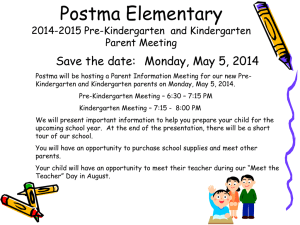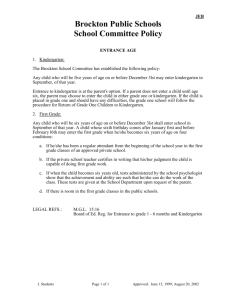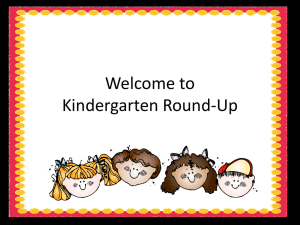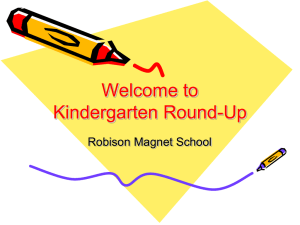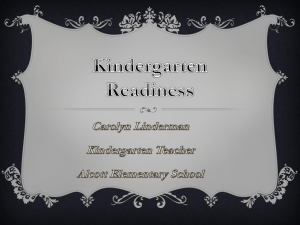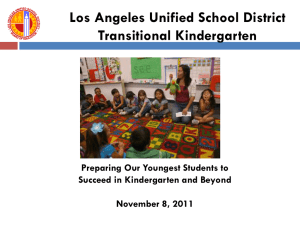Abstract
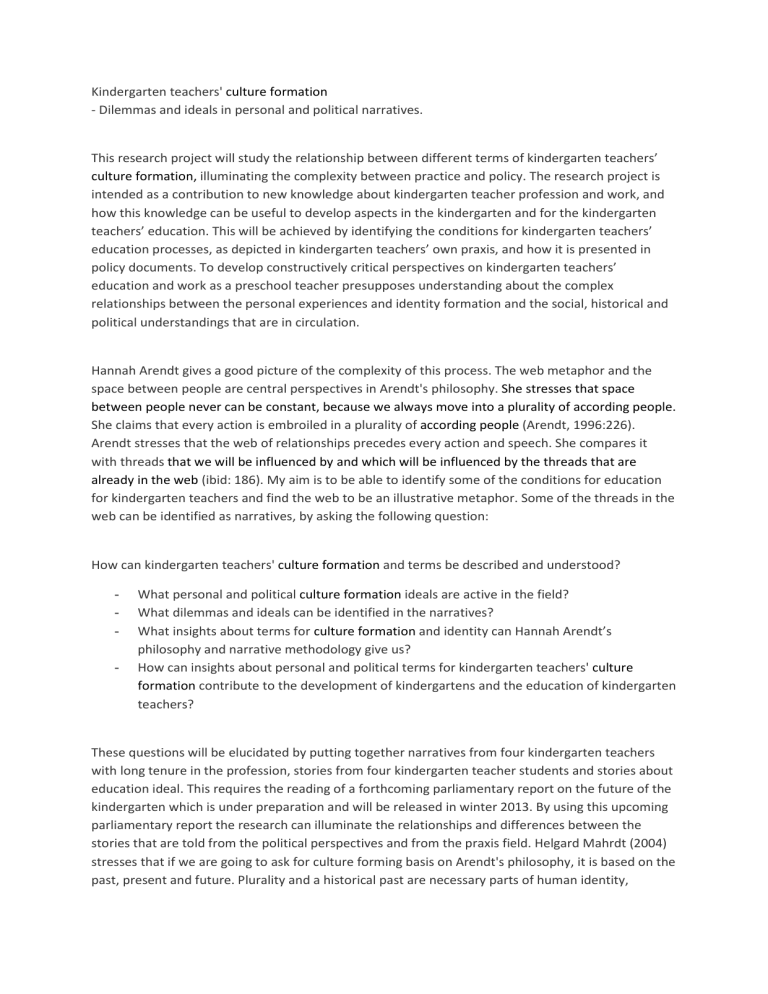
Kindergarten teachers' culture formation
- Dilemmas and ideals in personal and political narratives.
This research project will study the relationship between different terms of kindergarten teachers’ culture formation, illuminating the complexity between practice and policy. The research project is intended as a contribution to new knowledge about kindergarten teacher profession and work, and how this knowledge can be useful to develop aspects in the kindergarten and for the kindergarten teachers’ education. This will be achieved by identifying the conditions for kindergarten teachers’ education processes, as depicted in kindergarten teachers’ own praxis, and how it is presented in policy documents. To develop constructively critical perspectives on kindergarten teachers’ education and work as a preschool teacher presupposes understanding about the complex relationships between the personal experiences and identity formation and the social, historical and political understandings that are in circulation.
Hannah Arendt gives a good picture of the complexity of this process. The web metaphor and the space between people are central perspectives in Arendt's philosophy. She stresses that space between people never can be constant, because we always move into a plurality of according people.
She claims that every action is embroiled in a plurality of according people (Arendt, 1996:226).
Arendt stresses that the web of relationships precedes every action and speech. She compares it with threads that we will be influenced by and which will be influenced by the threads that are already in the web (ibid: 186). My aim is to be able to identify some of the conditions for education for kindergarten teachers and find the web to be an illustrative metaphor. Some of the threads in the web can be identified as narratives, by asking the following question:
How can kindergarten teachers' culture formation and terms be described and understood?
-
-
-
-
What personal and political culture formation ideals are active in the field?
What dilemmas and ideals can be identified in the narratives?
What insights about terms for culture formation and identity can Hannah Arendt’s philosophy and narrative methodology give us?
How can insights about personal and political terms for kindergarten teachers' culture formation contribute to the development of kindergartens and the education of kindergarten teachers?
These questions will be elucidated by putting together narratives from four kindergarten teachers with long tenure in the profession, stories from four kindergarten teacher students and stories about education ideal. This requires the reading of a forthcoming parliamentary report on the future of the kindergarten which is under preparation and will be released in winter 2013. By using this upcoming parliamentary report the research can illuminate the relationships and differences between the stories that are told from the political perspectives and from the praxis field. Helgard Mahrdt (2004) stresses that if we are going to ask for culture forming basis on Arendt's philosophy, it is based on the past, present and future. Plurality and a historical past are necessary parts of human identity,
according to Arendt (Mahrdt, 2004:542). The kindergarten future will therefore depend on the kindergarten past and present.
Keywords: Kindergarten teacher – culture formation – politics – praxis – the space between.
References:
Arendt, H. (1996). Vita activa: det virksomme liv. Oslo: Pax.
Mahrdt, H. (2004). Hannah Arendt: dannelse til humanitet. In K. Steinsholt & L. Løvlie (Eds.),
Pedagogikkens mange ansikter: pedagogikkens idéhistorie fra antikken til det postmoderne
(pp. s. 541-554). Oslo: Universitetsforl.

